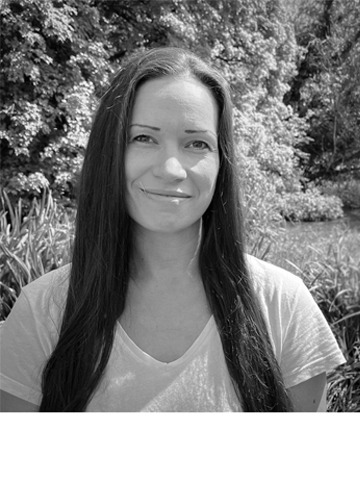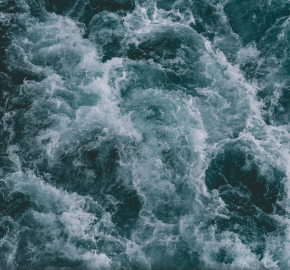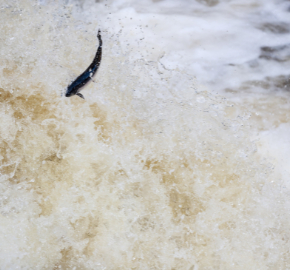More than a single river journey: science reveals salmon navigate a whole network of waterways to complete their epic migration
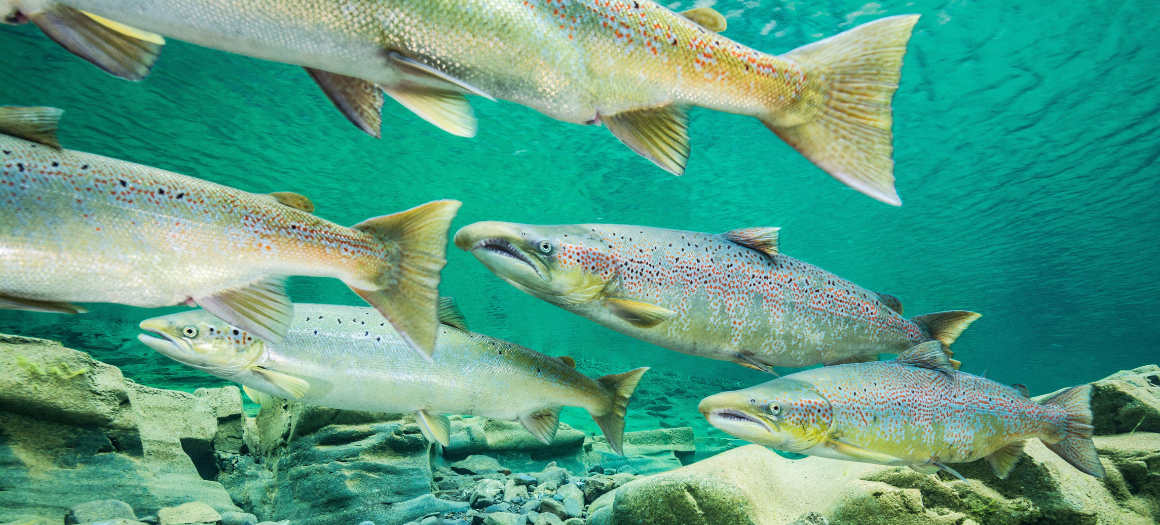
The life of an Atlantic salmon is an odyssey. Born in freshwater rivers, they migrate to the sea to grow on a rich ocean diet. Then, in a remarkable feat of endurance and instinct, they return to their birthplace to spawn.
But, research has revealed that what was once thought of as a single, round-trip – from river to sea and back – is a far more complex and dynamic web of pathways. Salmon populations don’t just belong to one river. They belong to many. Scientists now understand that salmon form meta-populations: groups that spread across connected river and coastal habitats.
A recent study by Munsch et al. (2025) [1] documenting juvenile coho salmon, steelhead and cutthroat trout, confirms that salmonids form interconnected groups that inhabit coastal habitat networks rather than being restricted to their natal streams. This movement isn’t random. It’s thought that this ‘meta-population’ connectivity allows juvenile salmon to:
1. Escape degraded natal streams
2. Reduce competition between species
3. Potentially improve species resilience and chances of survival
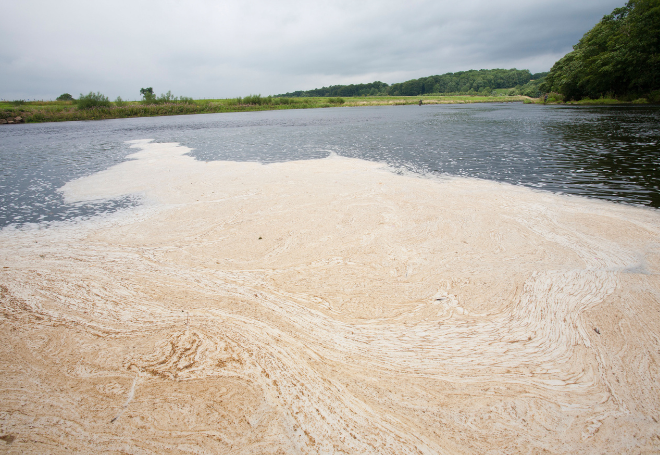
Wild fish including our endangered Atlantic salmon face growing pressure from river pollution, decreasing water levels and aquaculture to name just a few of the challenges. ©Ashley Cooper / Alamy Stock Photo
What the study found
- Hundreds of juvenile salmonids in Washington and California were observed moving between rivers separated by up to 70 km of coastline.
- Some individuals moved up to nine times between rivers, often overwintering in non-natal drainages.
- These findings suggest that salmonids form meta-populations supported by “coastal meta-nurseries”—a mosaic of estuaries, rivers, and ocean corridors.
- Movement patterns varied seasonally and directionally, often peaking in spring and autumn and favouring westward shifts.
Why this matters for salmon conservation
Conventional salmon conservation focuses on protecting the rivers where fish are born. But that approach is seemingly outdated. This new evidence shows that salmon depend on entire networks of rivers and coastal zones, meaning that conservation methods need to shift from an isolated catchment approach to those that target the whole ecosystem.
These findings build on a recent paper from the Environment Agency[2], which found that a single population of Atlantic salmon uses the Itchen, Test and Meon rivers in Southern England. However, only the Itchen benefits from full protection due to its Special Area of Conservation (SAC) status. This leaves salmon in the Test and Meon increasingly vulnerable to pollution and low flows. Legally, the Environment Agency should treat all three rivers equally to protect this meta-population of salmon. They are not[3].
If we continue managing these rivers in isolation, we risk losing key habitats that keep salmon populations connected and resilient. With Atlantic salmon now listed as endangered in the UK, time is running out.
The bottom line?
To save salmon, we must protect the whole network of habitats that connect them. The science is clear. Now it’s time conservation methods and policy catch up.
List of references
1. https://esajournals.onlinelibrary.wiley.com/doi/10.1002/fee.2848
2. Upper Itchen estuary water quality monitoring & relevance to Atlantic salmon conservation” by Dom Longley, Analysis & Reporting Team, Environment Agency, dated February 2024.

